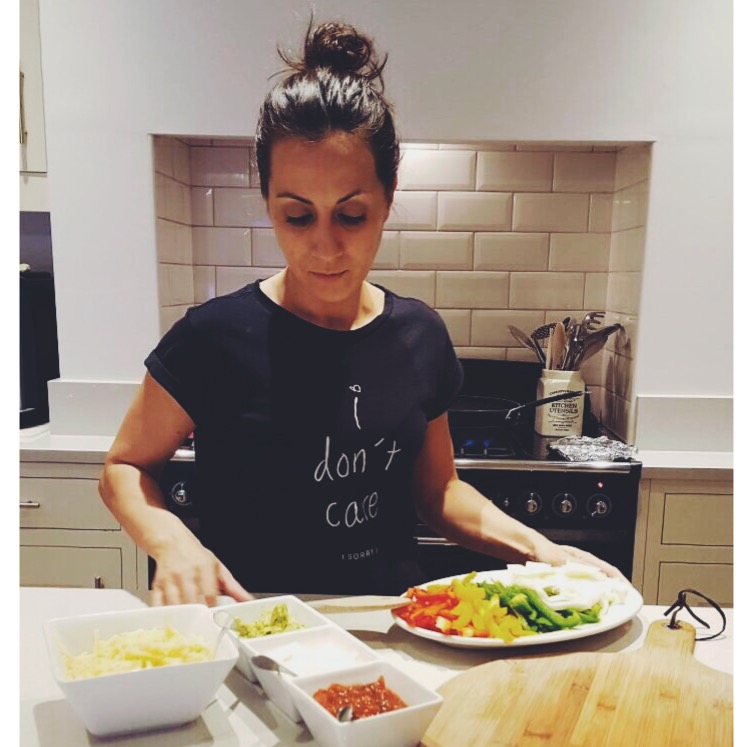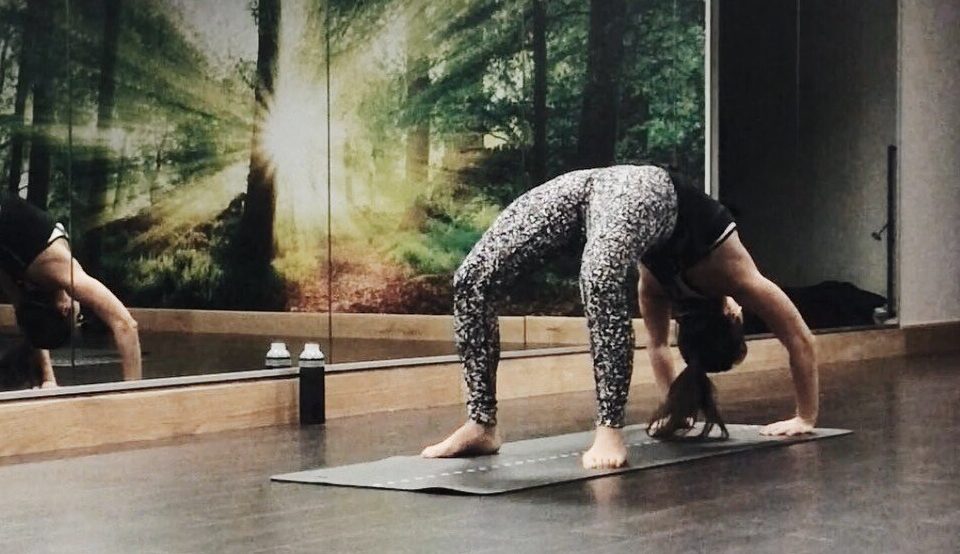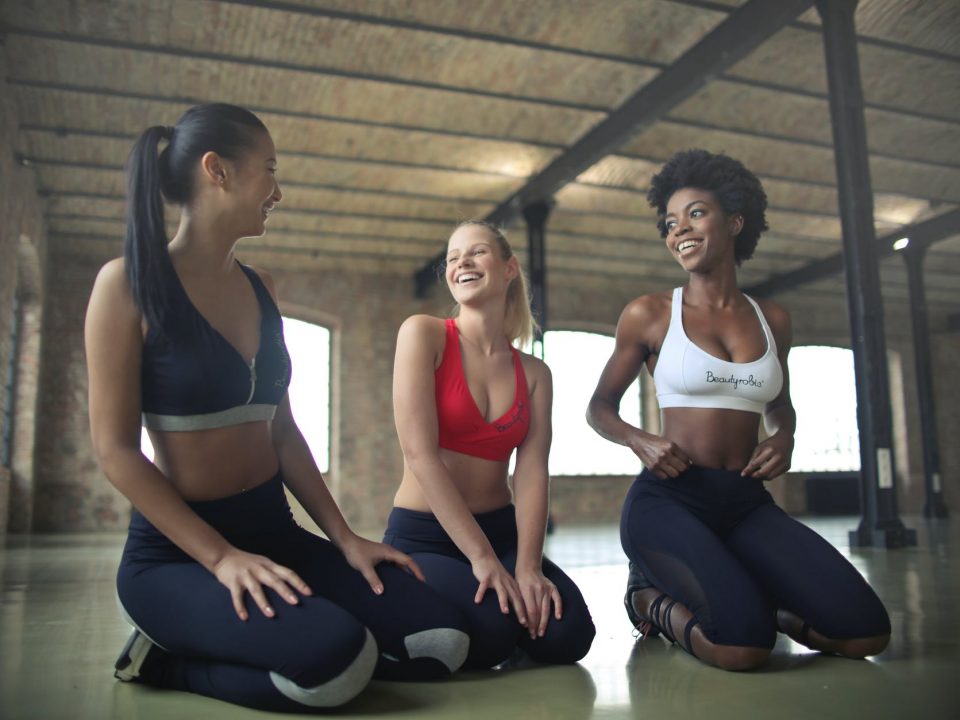
Balance over control; The battle with food and the influence on children
March 16, 2016
For the love of food: The journey from addiction to obsession
May 26, 2017I can still remember the day I became conscious of my “self”. It was ‘Non Uniform Day’ in year 6 of junior school. I was 10. Having spent days meticulously planning out my outfit and hours of preparation, I finally rocked up at the school gates in my leather mini skirt and diamond encrusted shoes feeling amazing and on top of the world. What I did not know was that everyone else would be in their jeans and trainers. My heart sank at the roars of laughter as I spent the whole day being teased by the boys, and giggled at by the girls. What followed was subsequently 20 years of raised insecurities, self consciousness, never feeling good enough and over thinking every negative comment someone made. By the time I reached secondary school like most teenage girls I became even more insecure about my “self” and I was anxiously body conscious like never before. I was teased for being too short, teased for the gap in my teeth, teased for the size of my nose, teased for having chunky thighs and bow calf’s, teased for developing breasts too soon and the list went on. And in these what at best are difficult adolescent years I obsessed with my body and its long list of imperfections to the point where I controlled my eating like it would somehow make a difference. It was never about having weight issues and yet this allowed me to feel in control.
The fact is that this is more than likely normal for most teenage girls. The sad reality is that when they are at their most vulnerable society plays a massive part in encouraging negative beliefs and nurturing unrealistic expectations. As I’ve embarked on my nutritional coaching and health journey what has fascinated me the most is the number of people (in particular young girls) who are blogging about health and body issues, most of whom are barely out of puberty and portray themselves through carefully photoshopped and filtered images. It comes of no surprise to us all that this unrealistic expectation is fuelled by the media and a society where we are told constantly that we are not good enough and should be doing more. This is particularly true for women. The media bombards women with hundreds of messages to make them feel bad about themselves to sell products and presents an ideology that women should have flawless bodies, perfect homes and happy children. Many of us are striving for this unachievable perfection.
We live in a society where it is more acceptable to be down on your body and “self” than it is to have the confidence to accept and love ones “self”. Confidence is often mistaken for arrogance or vanity and we are wrapped up in a place of self-judgment and critical beliefs. Even in my 20s when I was without doubt (and with the benefit of hindsight) in my prime, I would still spend hours obsessing about my stubborn cellulite and larger than average thighs and what I wished I was taught then and throughout my teens was how to accept and love my “self”. I wish I’d had the support and tools to overcome the critics, the teasing, the voices in my head. As I now fast approach my 40s it is fair to say honestly that this is the first time in almost 30 years where I am truly happy in my “self”. Not because I no longer have imperfections because I could still list hundreds, but because I have learnt to look past them. In fact, the damming effects of two pregnancies and the ageing processes has without doubt left my body in many ways worse than it has ever been before. And yet that is seemingly less important than the way it feels. The fact that it has given life is amazing in itself. The fact that it continues to keep me alive is a miracle. And what the last 30 years have taught me is that through good nutrition, exercise and yoga what my body can achieve is truly remarkable. I am without a doubt stronger and fitter than I have ever been before. Charlie Chaplin once said “we think too much and feel too little” and in truth most of us probably spend so much emphasis on how we look and so little on how we feel.
As parents (and I feel this is particularly more poignant for those raising girls) it is so important to raise children who are not only confident in the way they behave but in themselves. My daughter at only 4 years old already demonstrates a greater than usual awareness of “self”. She already plans out her outfits daily and knows exactly how she is having her hair. As a parent I deliberated on whether I should intervene in a desperate attempt to protect her at such a young age. However, by the same token is it not better to not take away her control and allow her to explore her own identity safely and embrace the things that make her feel good about herself? When I reflect back on my own relationship with my mother it is fair to say that it was through adopting her outlook and absorbing her negative body image beliefs where I perhaps started to create my own issues.
As a mother I am regarded as the first and most significant female role model in the development of my daughters’ life. I am single-handedly faced with the difficult challenge of modelling positive feelings toward food, eating, and body image and given my own complexity and background I cannot afford to mess this up! A positive physical outlook has to start from a young age so I make sure we spend 5 minutes each morning doing positive affirmations, I never miss an opportunity to tell her she is “gorgeous inside and out” and I help her to realise how uniquely special and valued she is. I am conscious about never making negative comments about how she looks and by the same token I would never vocally express any negative comments about my “self” in her presence. I also make her aware of nutrition and “good foods” that will keep her healthy and make her strong and I ensure she understands the benefits of staying active through exercise.
They say it is easier to be happy if you look beyond imperfections than seeking happiness by trying too hard to make everything perfect. So while the world does their best to mould us into believing we are not good enough, let’s encourage ourselves to think outside ones “self limiting box” and teach our children to be their best “self”: kind, loving, authentic and perfectly imperfect.



